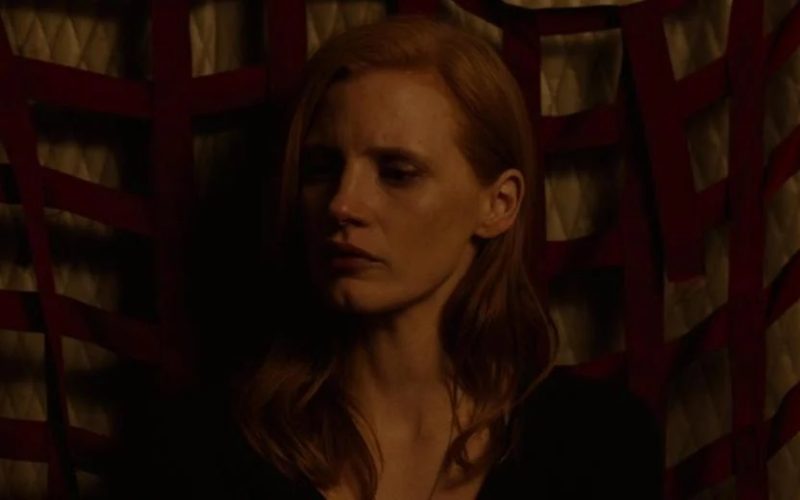Zero Dark Thirty — 10 Years Later (Bigelow, 2012)
“Where do you want to go?” is the last line of Zero Dark Thirty. It is spoken by a pilot tasked with chartering Maya (Jessica Chastain) to the first destination of the rest of her life after she has helped discover the hiding place of Osama bin Laden.
It is not a subtle line, but this is not a subtle movie. Maybe it doesn’t need to be, but it needs to be something other than what it is, which is a toneless description of tradecraft that steadfastly refuses to say anything ideological in support of or against the operation that culminated in the death of the mastermind of the 9/11 terrorist attacks.
What I Said Then
I did not review Zero Dark Thirty in 2012. Studios weren’t screening all the Awards-bait in Raleigh back then, so I was scrambling to see it at the last minute in order to vote in the inaugural NCFCA Awards. Zero Dark got shut out there, losing to…Silver Linings Playbook? I have a feeling that those awards reflected the availability of the films for critics as much as anything.
What I Say Now
Some movies that turn ten feel like they just came out, making one marvel at how quickly time passes. But Zero Dark Thirty feels like it came out forever ago. It is a disorienting artifact from a time when Americans’ notoriously short attention spans made it seem like 9/11 was as remote as World War II, Vietnam, or any other military conflict.
Contemporary war films (Dunkirk, 1917, Fury, Zero Dark) are either procedurals or mood pieces, reveling in cinema’s unprecedented ability to recreate resonant details but lacking a map of the forest that contains all those leaves. One could argue, I suppose, that Maya, our representative has been so engulfed by her totalizing task that only now can she allow herself to be a future-thinker. But there are two problems with that assessment.
First, it goes everything I know from experience or observation to suggest that those fixated on vengeance or retribution, however justified, find release upon its attainment. If anything, Maya (and the country she represents) is in for depression, as her reason for being disappears. Like every other part of the film, the ending is carefully constructed to prevent us from having to contemplate the long-term consequences (personal, professional, or institutional) of any decision. Even the torture — the most written about aspect of the film — is treated more like a fait accompli than a decision of the contextualized moment. Maya (a fictional character) expresses some initial discomfort at the torture, at least facially, but she never protests, tells the victims of torture to cooperate, and hardens whatever conscience that might be there by replicating how others have spoken to the detainees.
I want to try to be clear here. I’m not criticizing the film for countenancing the torture. That position would be understandable if the film took it and kept to it. Rather I am suggesting that every position in the movie is one that is hedged. The baseline emotion about anything is ambivalence. In such a moral landscape, Maya is refreshing for having convictions, not for what her convictions are. And her convictions are all tactical — she is certain she knows where bin Laden is — rather than ideological.
The other problem with the film’s affectless, amoral tone is that it creates a character who, by being a composite, is like no one in particular. Maya has so little backstory and so few relationships within work that she is practically alienated before she takes on the alienating work. The broad trauma of 9/11 works, I guess, as a motivation on a national/corporate scale, but it turns out to be a fairly generic one when channeled through an individual character. Maya does have a colleague who is killed in a car bombing, and that becomes, I suppose, the moment when it gets personal, But her being touched by the violence doesn’t seem to affect her. She’s a Teflon character.
The Final Word
Perhaps because we are ten years later, Zero Dark Thirty comes across as more generic. Earlier, I compared it to a war film, but absent an actual war, it is hard to know what is at stake. It is more like Midway than Why We Fight, and knowing now that the events it depicted did next to nothing to bring the country together makes it grimly depressing in ways that I don’t think were intentional.

